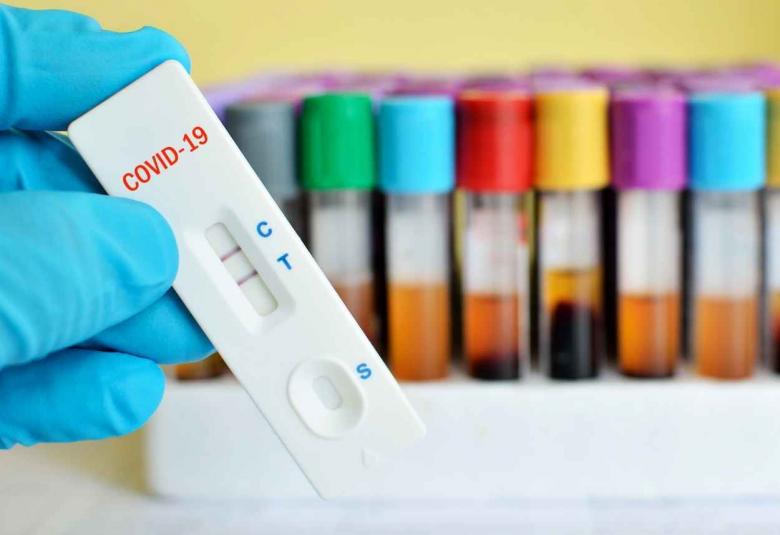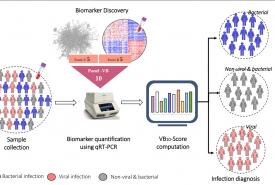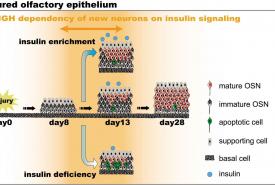First self testing Rapid test for COVID-19 approved by ICMR
Mylab Discovery Solutions announced the first self use Rapid test of India, Coviself which is approved by ICMR. Each Coviself test kit will be provided with all testing materials, instructions to use leaflet and a biohazard bag to safely dispose of after testing. It is available at economical pricing of Rs 250. Last year, Mylab launched the first RTPCR test of India for COVID-19.


















